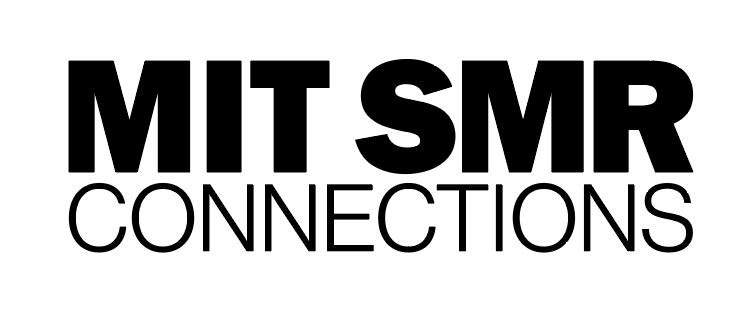Creating places for people to create the best work of their careers
Welcome to Work 20XX. A show focused on work as we continue to navigate these transformational times. I am your host, Jeff Frick.
In this episode, we explore the world of design, real estate, and facilities through the eyes of long-time industry veteran Ryan Anderson, Vice President, Global Research & Insights, MillerKnoll. No surprise, design, real estate, and facilities professionals are rethinking their resources, transitioning from thinking about cost-center, “seat-at-the-table” efficiency to a more human-centric approach.
Ryan poses the critical question: How can we use our portfolio of resources (real estate, facilities, interior design, remote support, etc.) to help our people create the best work of their careers?
It’s hard to attract solid talent. Harder yet to retain top people. I invite you to raise your expectations by changing your focus to the small discrete things Ryan and his teams have been studying and documenting for decades.
I didn’t know how much the tethered-PC infrastructure of the last several decades inhibited the execution of activity-based spaces. Finally though, infrastructure has caught up with the vision, with advances in mobile and Wi-Fi technologies, powerful handsets, and the proliferation of the cloud as an application delivery method. No department wants to be a cost center, and by shifting the focus from spreadsheet-centric optimization and utilization to human productivity, real estate and facilities are stepping up to do their part, in collaboration with HR and IT. “Traditional” offices spaces, where everyone got the same ‘here’s your computer, here’s your chair’ regardless of function, aren’t good enough anymore. A single space built to accommodate all can’t be optimal for the individual, doing all types of work, in all kinds of conditions.
Historically, organizations, over-indexed the private desk, cubical, and office, while under-indexing meeting collaboration spaces, even as private desk utilization rates continue to drop and even before the pandemic. In fact, offices should invest in spaces and techniques that support these activities, including community socialization, team collaboration, and individual focus work.
In this far-ranging conversation, Ryan shares his deep data-based expertise and best practices on putting humans first and at the center of it all. The pandemic showed work could get done outside the office, and on closer inspection of workspaces, there are also environmental improvements to be made. Most importantly, the promise of activity-based spaces and concepts like ‘neighborhoods,’ and a more agile and flexible mindset will make the spaces and places of the future much more attractive and productive than rows of desks, tables, and cubes of cabled computers.
Without further delay, my conversation with Ryan Anderson.

